Nina Tandon, CEO, and co-founder of EpiBone, the world’s first company growing living human bones for skeletal reconstruction, told a lecture hosted at the Majlis Mohamed bin Zayed.
The lecture, titled Cellular Ateliers: Regenerative Medicine and the Body Shop of the Future, was held at Abu Dhabi’s Al Bateen Palace on Monday. It was attended by His Highness Sheikh Mohamed bin Zayed, Crown Prince of Abu Dhabi and Deputy Supreme Commander of the UAE Armed Forces.
In attendance were H.H. Sheikh Hamdan bin Zayed Al Nahyan, Ruler's Representative in Al Dhafra Region, H.H. Sheikh Hazza bin Zayed Al Nahyan, Deputy Chairman of Abu Dhabi Executive Council, H.H. Sheikh Nahyan bin Zayed Al Nahyan, Chairman of the Board of Trustees of Zayed bin Sultan Al Nahyan Charitable and Humanitarian Foundation, H.H. Lt. General Sheikh Saif bin Zayed Al Nahyan, Deputy Prime Minister and Minister of the Interior, H.H. Sheikh Abdullah bin Zayed Al Nahyan, Minister of Foreign Affairs and International Cooperation, Sheikh Nahyan bin Mubarak Al Nahyan, Minister of Tolerance, Sheikh Khalifa bin Tahnoun Al Nahyan, Executive Director of the Martyrs' Families' Affairs Office of the Abu Dhabi Crown Prince's Court, Dr. Abdulatif bin Rashid Al Zayani, Secretary General of the GCC, Sheikhs, diplomats and dignitaries.
Tandon, who was named one of the 100 Most Creative People in Business by Fast Company and is a TED Senior Fellow, having spoken at three TED conferences, said the custom-made bone grown by her company was a perfect fit and does not require additional surgeries. She said that what EpiBone was really proposing was a different view of the body to view it as a renewable resource of stem cells that can regenerate new parts as you need them. Looking to the future, Tandon said that "by engineering human tissue and cells from their own stem cells, we can change the way medicine is done. Whether it’s organ donation or drug testing, we can make the medicine fit the individuals."
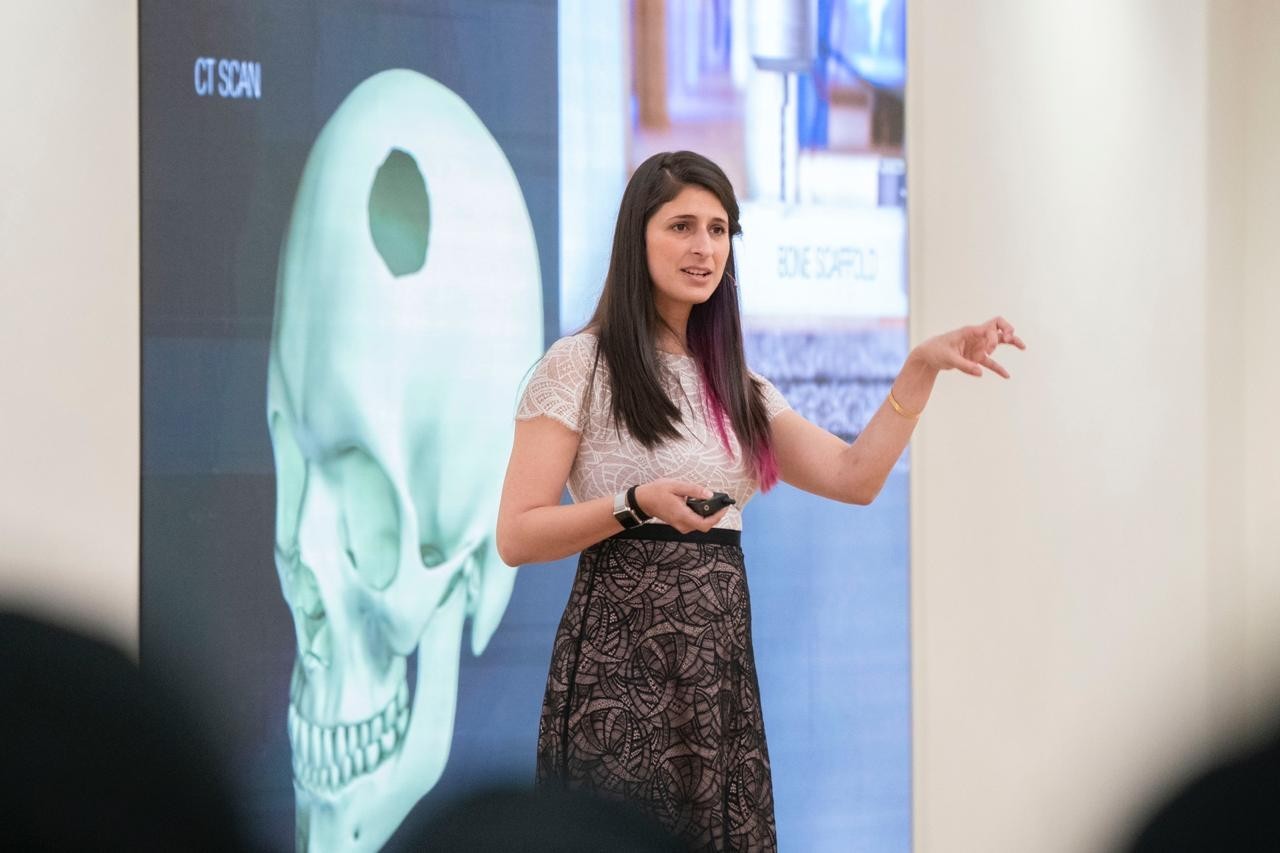
Organ transplant
EpiBone, which Tandon described as a company at the forefront of "biology as design" is emblematic of a growing trend in biomedical engineering that harnesses the healing power of the human body, using stem cells and similar technologies in everything from cardiac care to cancer. She said clinical trials by her firm had been approved 10 days ago and it would shortly start human clinical trials. It is in good company for there are several concurrent projects in regenerative medicine that prove we have truly entered the ‘bio-fabrication age’.
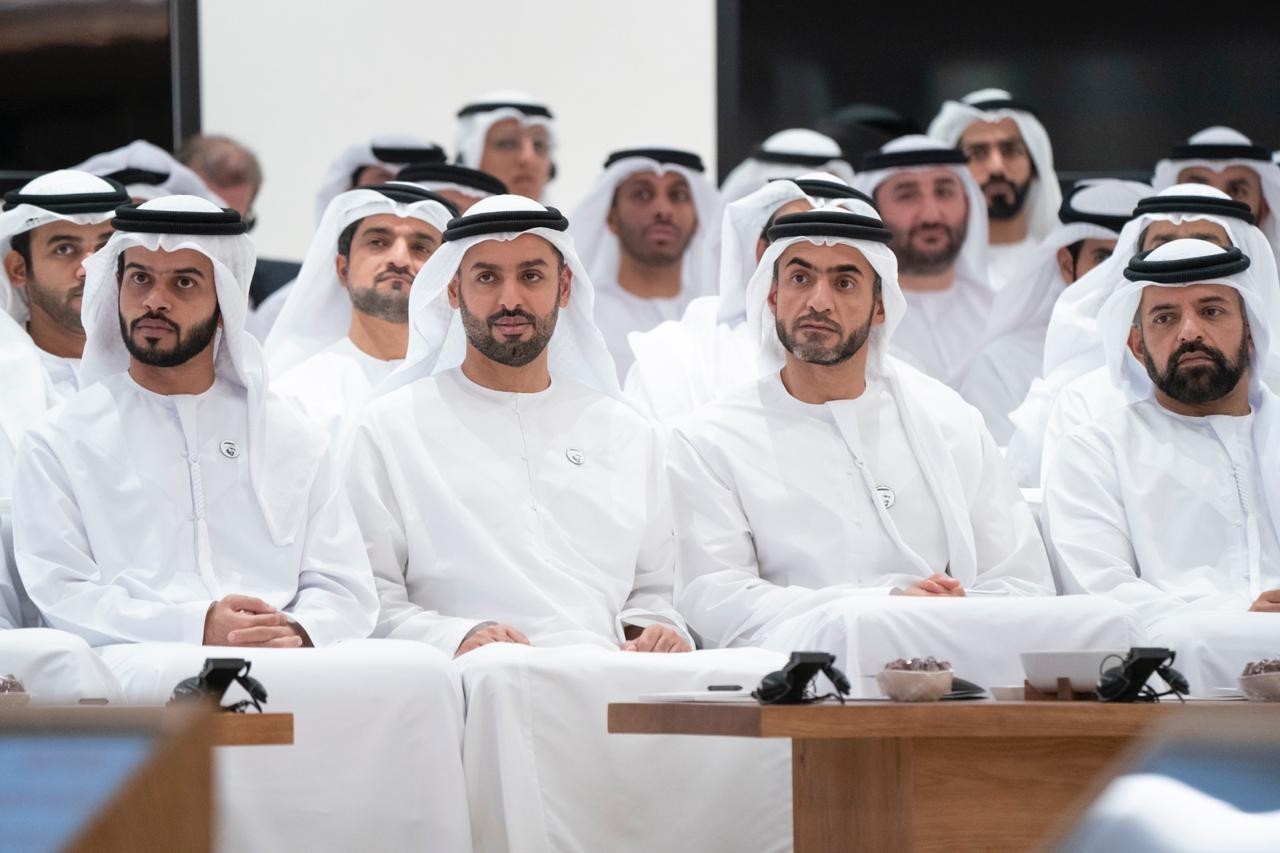
Cultivation of cells
Tandon said biology was fast becoming a popular design element. She said there was a scientist growing cement bricks with bacteria while another had developed a strain of mushroom that can be used as a natural body suit to assist decomposition inside a coffin. There are numerous possibilities, she said, if we start collaborating with nature instead of trying to harness it.
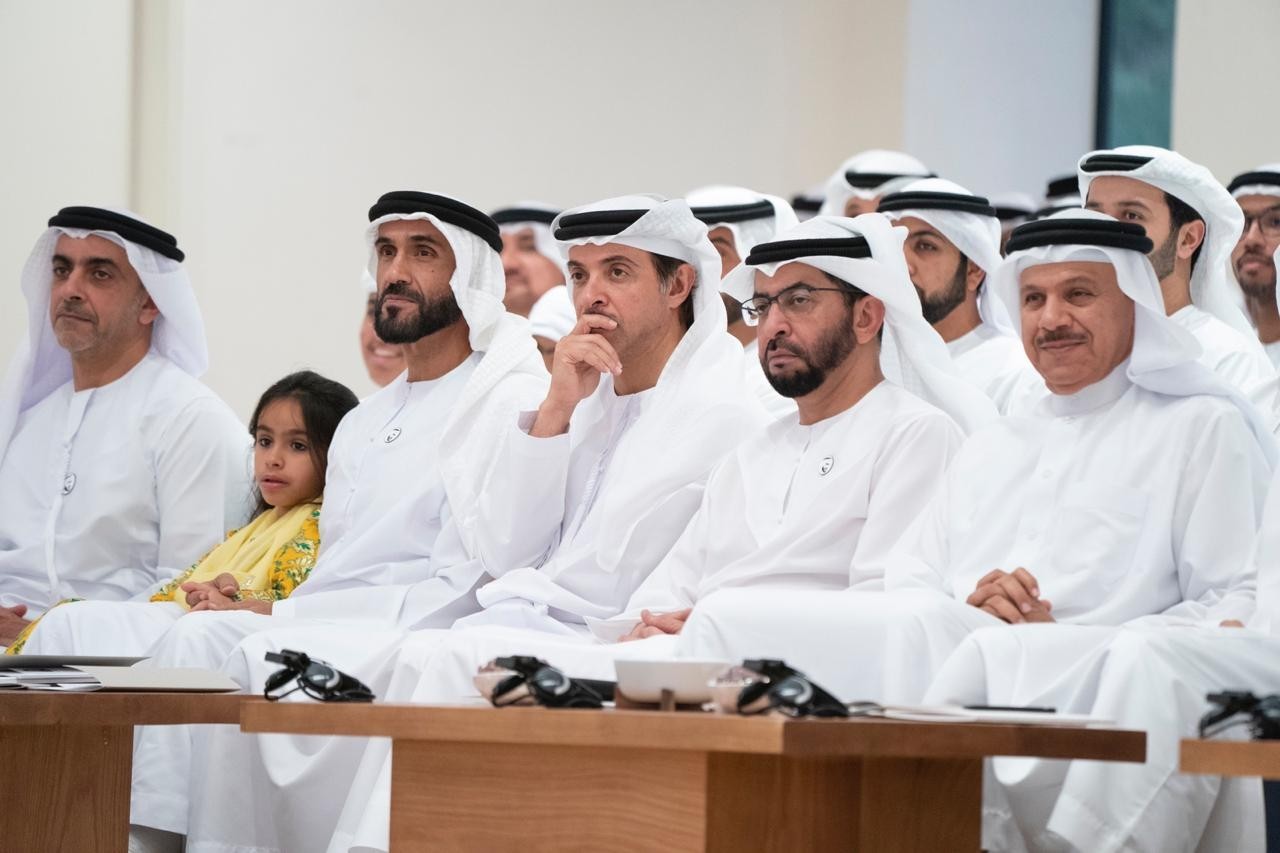
Digital Treatments
The technology used for the innovative mix of 3D printing and cell culturing employed by EpiBone can be applied to fields outside the world of medicine such as creating alternate means of energy production, Tandon said. It could also be used to completely reshape architecture and integrate buildings symbiotically by weaving an organic relationship with the environment into the design. Biomimicry, the idea that biology’s intelligence and beauty can inspire smart design, has many takers now. Mimicking the biological designs that, through millions of years of evolutionary remodeling, have been optimized for survival holds promise that inventors, artists, and architects are already beginning to tap.
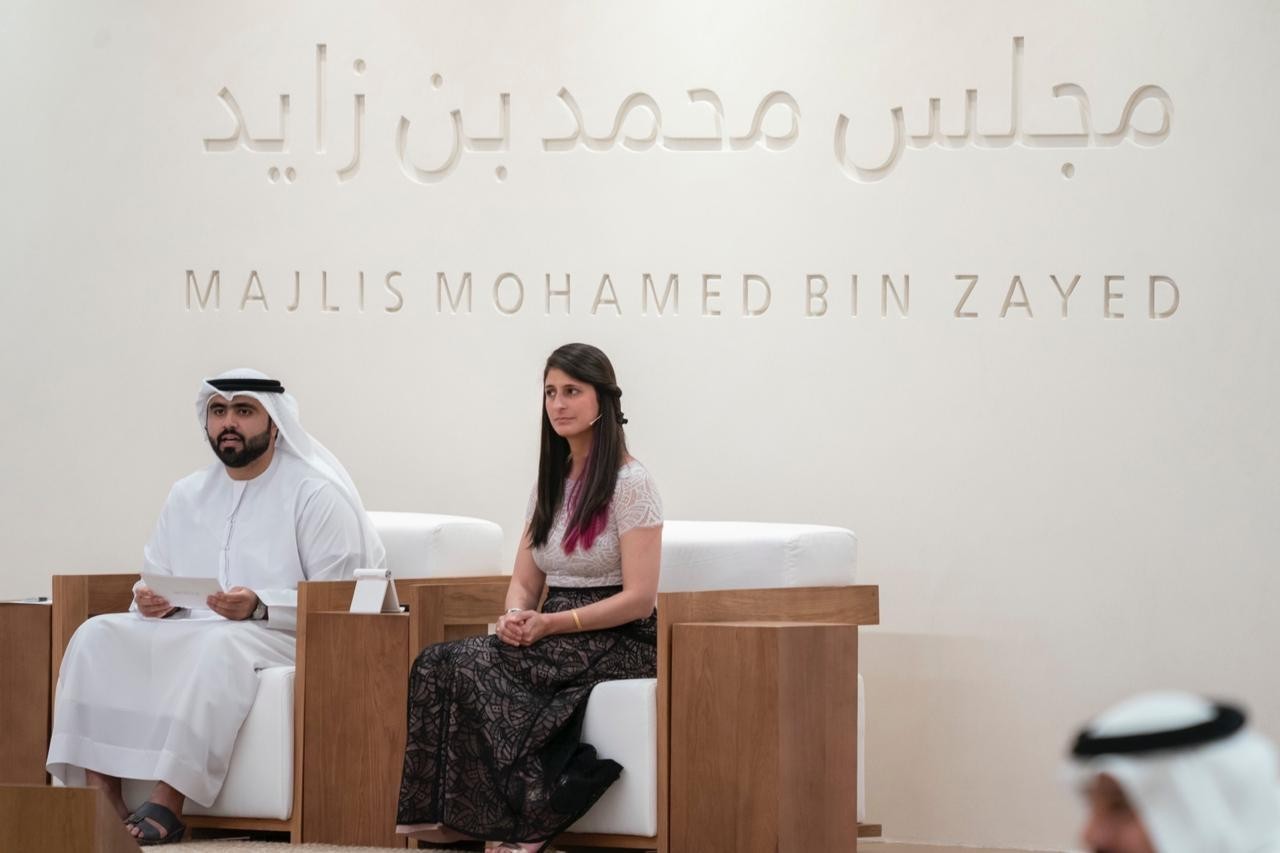
Companies are building tools so wild that many still sound like science fiction. As they continue to advance, Tandon said, we must consider the ethics behind these technologies and how we’re using the biotech tools and treatments. There is powerful potential in the world of biomedical engineering and we need to take individual projects and transform them into science-based businesses. But developing long-term, far-reaching programs that provide access to advanced therapies will not be without challenges. There are regulatory, ethical and financial issues that need to be addressed. In addition, scale and cost control must be foremost on biotech developers’ minds to ensure we do not end up with solutions for only the wealthy and privileged.
Tandon said regenerative medicine would certainly pose challenges, but its possibilities were vast and exciting. It was the technology of the future, she said, and by virtue of being so personal and precise, it holds tremendous promise for the future.










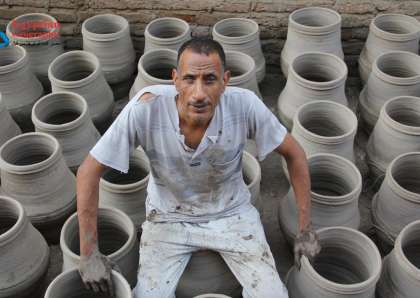

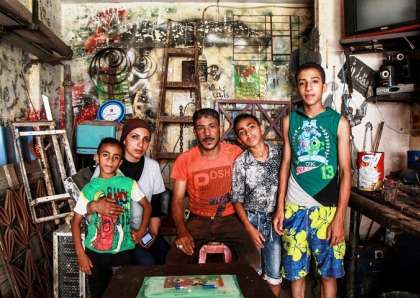
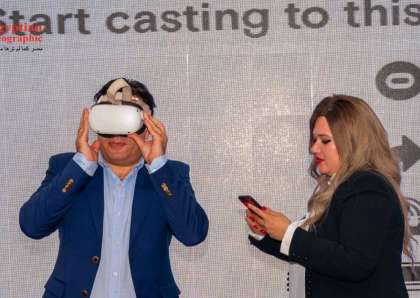














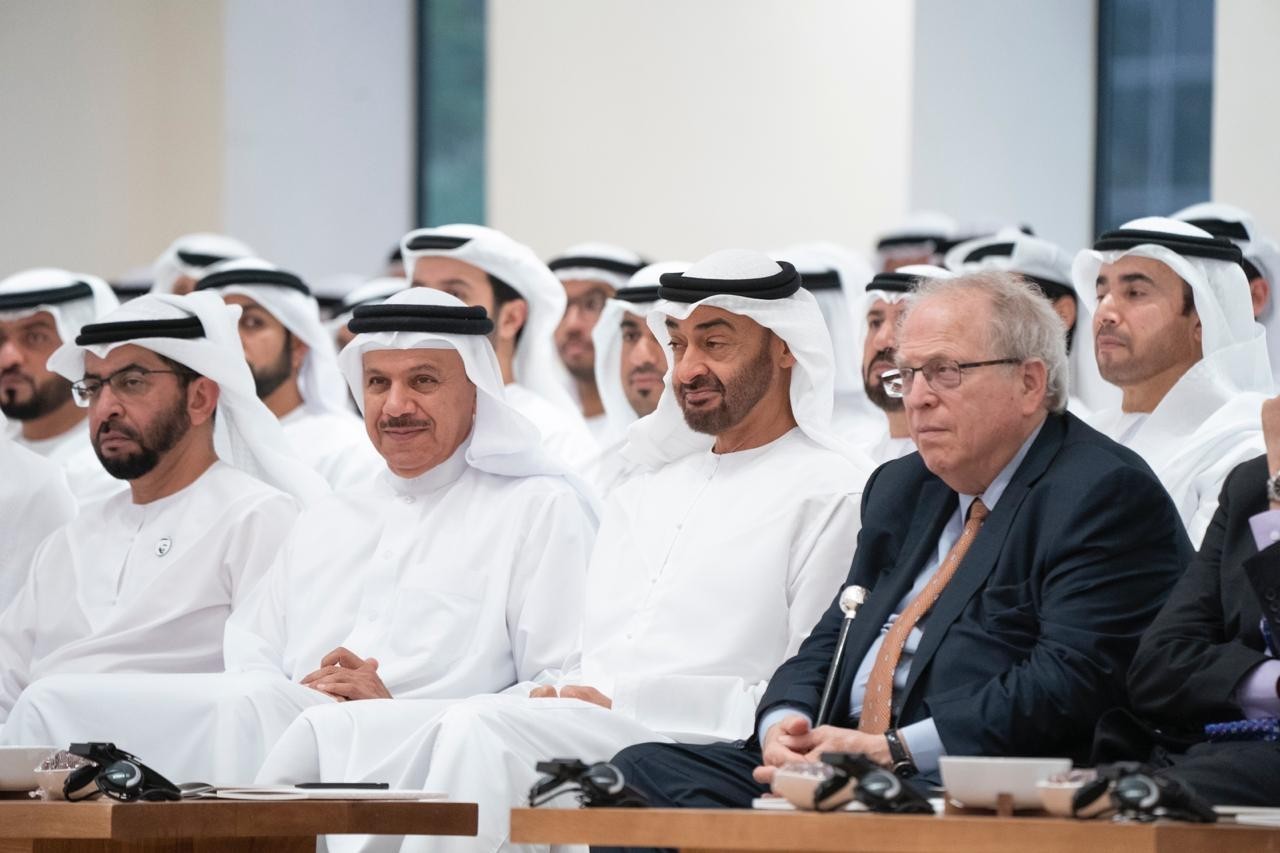





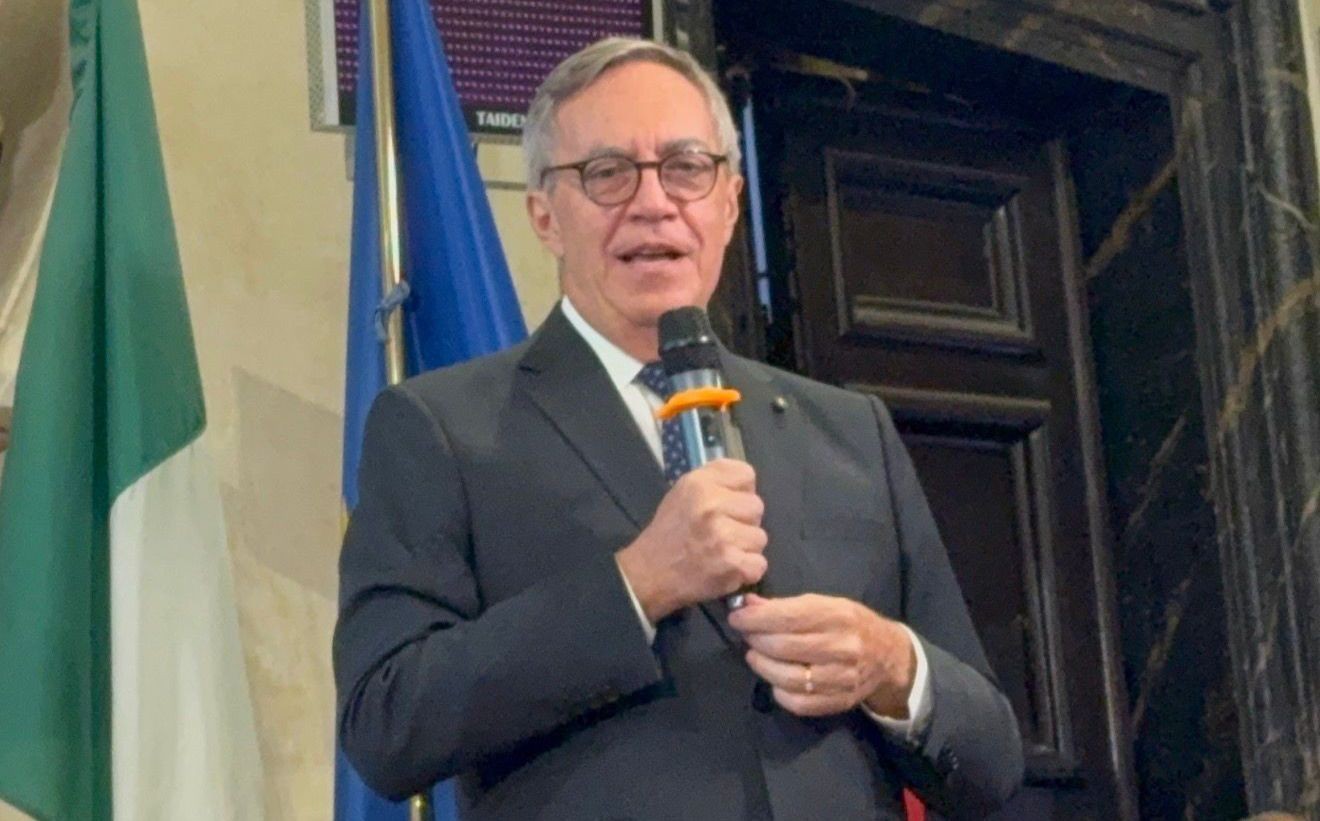

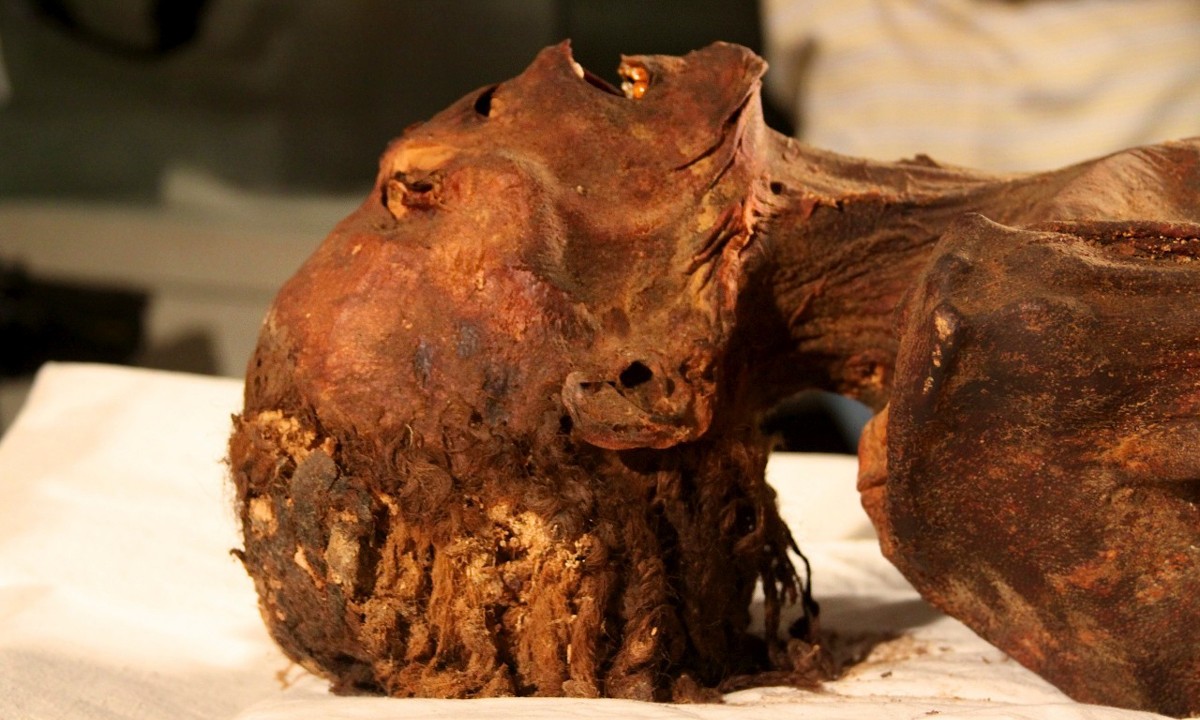








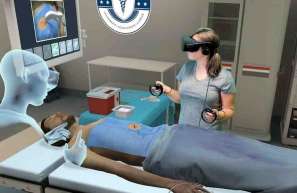



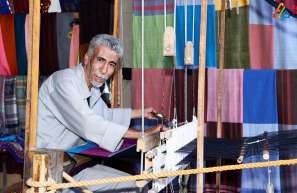










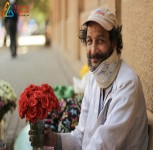


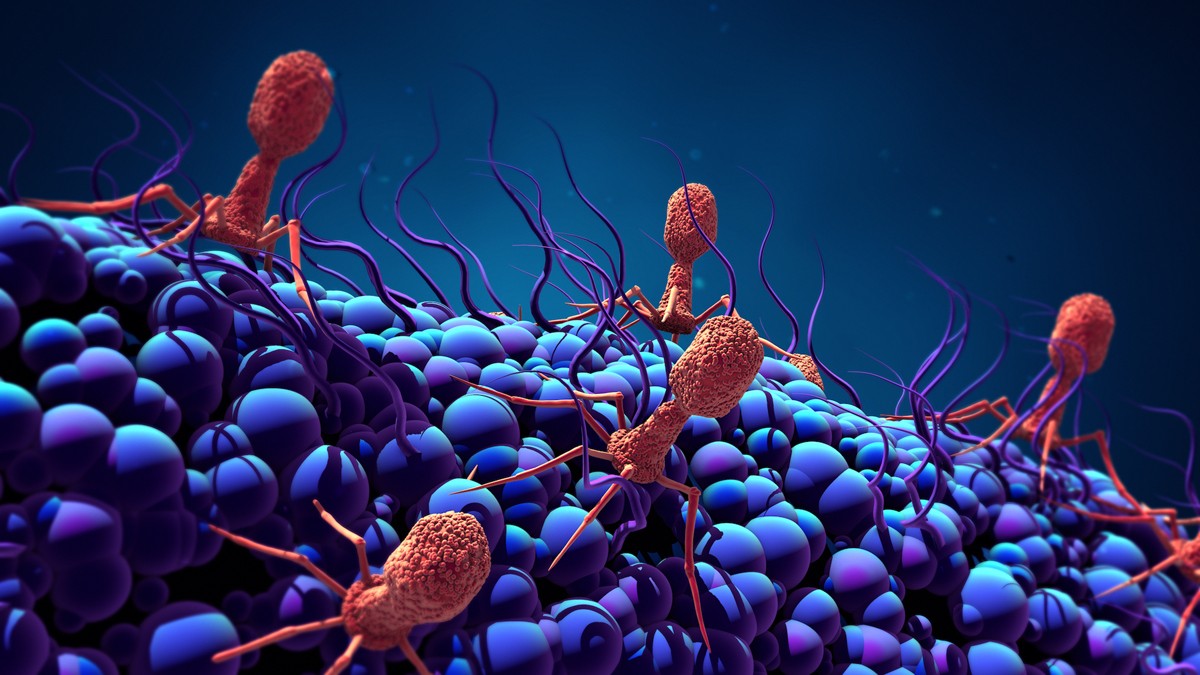
مجلة علمية معرفية وثائقية تتناول الشخصية المصرية